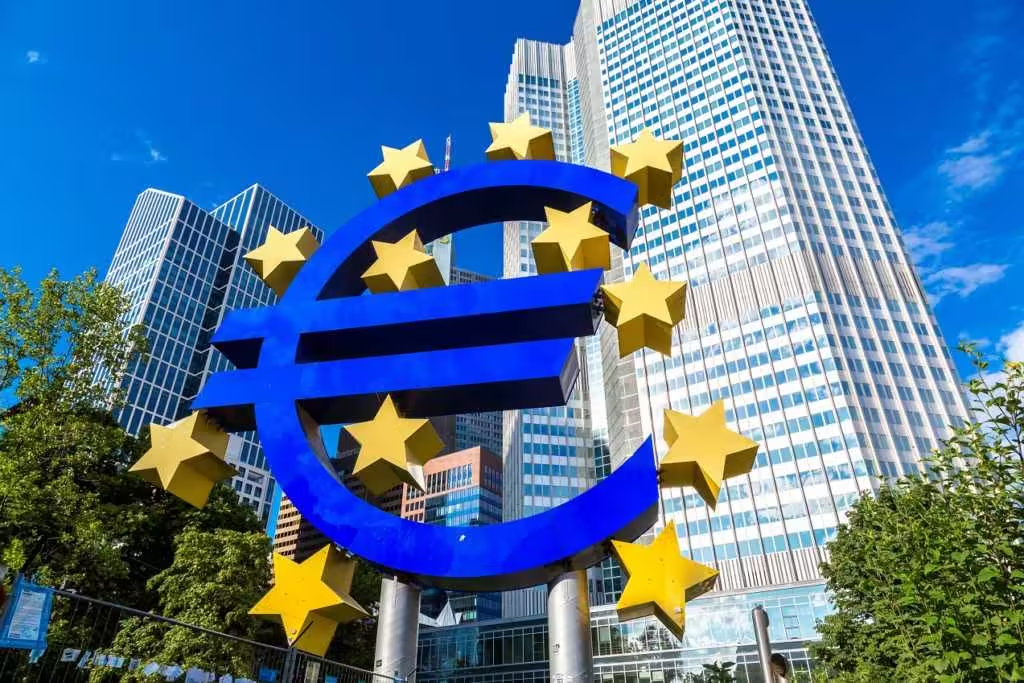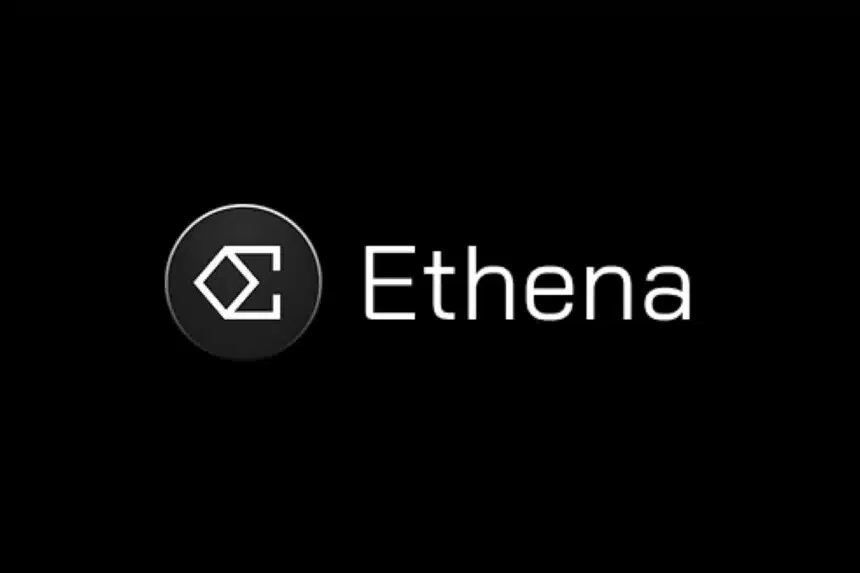|
Getting your Trinity Audio player ready...
|
As the European Central Bank (ECB) inches closer to a pivotal decision regarding the implementation of the digital euro, skepticism within Germany is growing. Set for a potential launch in late 2025, the digital euro faces significant resistance, particularly among older generations who remain wary of security and privacy concerns.
A recent Bloomberg report highlights that many Germans are apprehensive about the potential for their financial data to be tracked and possibly misused. This skepticism is further compounded by Germany’s cultural affinity for cash, a preference that has deep roots in the nation’s financial practices.
The Challenge Of Convincing A Cash-Loving Nation
Germany’s deep-seated preference for cash is not just a matter of habit; it is a cultural marker. Cash transactions are viewed as a means of maintaining privacy and autonomy, values that resonate strongly, particularly with older demographics. This cultural inclination poses a significant challenge for the ECB as it seeks to introduce a digital currency in a market that is traditionally resistant to change.
To address these concerns, the ECB has announced plans to implement advanced security measures, including robust data encryption and the option to use digital currency on physical cards for offline transactions. These measures aim to alleviate fears around data privacy and to provide a more tangible, cash-like experience for users.
ECB President Christine Lagarde has emphasized that the digital euro is intended to coexist with physical cash, not replace it. The goal, she notes, is to create an inclusive financial environment that accommodates even those who are less comfortable with digital technology.
A Generational Divide
The skepticism towards the digital euro is not uniformly distributed across the population. The Bloomberg report underscores a generational divide in attitudes toward digital financial solutions. While older Germans exhibit a strong preference for cash, younger generations are more open to the idea of a digital euro.
Joachim Nagel, President of the Deutsche Bundesbank, believes that with the right approach, Germans can be convinced of the benefits of the digital euro, particularly by reassuring them that cash will remain available. He also notes that the older population is gradually becoming more tech-savvy and acknowledges the need to adapt to evolving financial landscapes.
A Broader European Context
Germany is not alone in its preference for cash. Neighboring countries like Austria and Slovakia also show a strong inclination towards physical currency. In contrast, nations like the Netherlands have embraced digital payments more readily, highlighting the varied landscape of financial habits across Europe.
Evelien Witlox, the director of the ECB’s digital euro project, stated that while the ECB is seriously considering the issuance of a digital euro, it is not an inevitability. The primary motivation behind the project is to reduce Europe’s reliance on non-European payment services, thereby strengthening the continent’s financial autonomy.
If adopted, the digital euro would be recognized as legal tender, requiring businesses to accept it as a form of payment. This move could have far-reaching implications for the future of financial transactions across Europe.
Germany’s cautious stance on the digital euro echoes broader global sentiments. According to the Atlantic Council, around 134 countries are currently exploring central bank digital currencies (CBDCs), with several, including China, Russia, and Brazil, already in the pilot phase.
In the United States, the development of a digital dollar remains in the exploratory stages. Federal Reserve Chairman Jerome Powell has stated that the central bank has no immediate plans to create one, reflecting concerns similar to those in Germany about potential government overreach and financial surveillance.
Opposition in the U.S. is growing, with political figures such as Congressman Tom Emmer and Senator Ted Cruz leading efforts to block the issuance of a retail CBDC. The debate over digital currencies is likely to intensify as more countries weigh the benefits and risks of adopting such systems.
As the ECB approaches its decision, the future of the digital euro remains uncertain, with Germany’s skepticism highlighting the complexities of transitioning to a digital financial landscape.
Disclaimer: The information in this article is for general purposes only and does not constitute financial advice. The author’s views are personal and may not reflect the views of Chain Affairs. Before making any investment decisions, you should always conduct your own research. Chain Affairs is not responsible for any financial losses.
With a keen eye on the latest trends and developments in the crypto space, I’m dedicated to providing readers with unbiased and insightful coverage of the market. My goal is to help people understand the nuances of cryptocurrencies and make sound investment decisions. I believe that crypto has the potential to revolutionize the way we think about money and finance, and I’m excited to be a part of this unfolding story.




